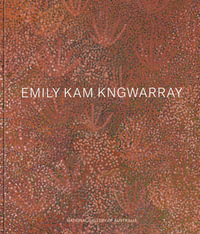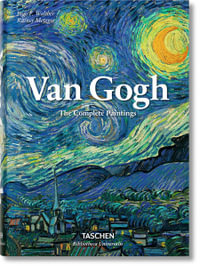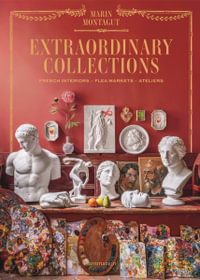An American who spent most of his life in Europe, a portraitist who painted landscapes, a family man who never married, and an accomplished pianist who often entertained his sitters, John Singer Sargent (1856-1925) was one of the most influential portrait painters of his time, but he is also an enigma. Despite his huge body of work, we know little about Sargent the man. Truly international, he was acclaimed on both sides of the Atlantic, and was close friends with many of the leading artists, writers, actors and musicians of his generation.
Over the course of his career, Sargent created roughly 900 oil paintings, more than 2,000 watercolours and a vast number of sketches and charcoal drawings. He travelled extensively, to Venice, the Tyrol, Capri, Corfu, Spain, France, England, Holland, the Middle East, Canada and across America. Wherever he went, he captured the people and the surroundings. Using the fluid brushwork that had been introduced by his friends the Impressionists, his portraits are intimate and experimental, conveying both superficial appearances and psychological depths, and his landscapes are atmospheric and immediate.
Sargent was in constant demand for his portraits, and during his lifetime he was perceived as a far more significant artist than contemporary avant-garde painters such as Paul Cezanne (1839-1906) and Paul Gauguin (1848-1903), and he allied himself with one of the most progressive, independent ateliers in Paris. His style fused the spectacular Impressionistic brushwork with techniques he learned from both Old and Modern masters, combined with his interest in human psychology, all consolidated by his own adroit artistry. Yet during his life, as well as attracting such acclamation from across Europe and America, he also provoked both scandal and condemnation, and after his death, he became judged adversely. As with many artists however, the wheel of favour eventually turned and once again, in the early 21st century, Sargent's work was reassessed and revalued and he is now considered one of the finest and most skilful painters.
The first part of this informative book explores the life of Sargent and the times he lived in, and the second part is a magnificent gallery of his work, with details about each painting and its context, with expert analysis of his style and technique. This beautifully illustrated volume, with 500 reproductions and images, will be essential reading for anyone who would like to learn more abut this intriguing artist, whom The Metropolitan Museum in New York called `the Van Dyck of our times.'.
























